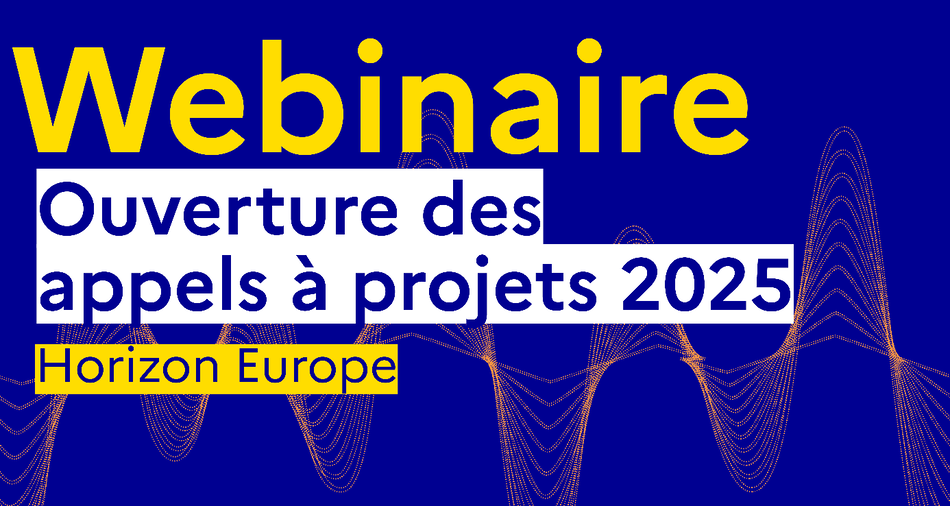ExpectedOutcome:
In line with the European Green Deal and in particular with the objectives of the EU biodiversity strategy for 2030 and the EU pollinators’ initiative, projects will contribute to mainstream biodiversity in society and the economy.
Project results are expected to contribute to all following expected outcomes:
- Direct and indirect dependences of our society and the economy on pollinators are better understood and quantified;
- Monetary and non-monetary valuation of ecosystem services provided by pollinators are advanced, and used to improve ecosystem accounting;
- Tools for mainstreaming pollinator conservation into the food, health, energy, materials and land management sectors are developed, tested and promoted with public authorities, businesses and the general public;
- Risks of reversible and irreversible cascading effects in natural and modified ecosystems due to pollinator decline, and their impacts on human wellbeing, are better understood and forecasted, and integrated into models for participatory scenario planning.
Scope:
The importance of pollinators for humankind is common knowledge, featuring prominently outside of the scientific realm in popular culture and arts. Yet, even well-known benefits provided by pollinators such as crop pollination are still inadequately understood. Other benefits remain for the most part obscure, and thus unacknowledged, due to the lack of research targeting the complexity of pollinator niches and plant-pollinator networks. Amid the dramatic decline of pollinating species in Europe, these gaps hinder understanding of the character and full magnitude of threats to human wellbeing. Moreover, the gaps hinder mainstreaming of the conservation of pollinators, and more broadly biodiversity, in the public and private sector and thereby impede an effective societal response. This topic aims to address fundamental knowledge gaps in functional roles of pollinators in natural (natural plant-pollinators networks) and human-modified ecosystems (e.g. agro-ecosystem), and building on that i) advance research on far reaching consequences of their decline and scenario planning and ii) develop and disseminate tools that enable systematic mainstreaming in key sectors.
The proposed projects should build on the Assessment Report on Pollinators, Pollination and Food Production of IPBES[1], the first ever EU-wide Ecosystem Assessment 2020[2], the INCA project[3], the European Red List assessments[4], and knowledge and experience gained through past projects supported under the EU Framework Programme for Research and Innovation[5]. Furthermore, the projects should liaise with relevant ongoing projects under Horizon Europe[6] and EU funded monitoring initiatives[7].
The proposals should show how their results would contribute to the EU policies, as well as to the global sustainable development agenda (UN Sustainable development Goals.
Proposals should include specific tasks and envisage sufficient resources to develop joint deliverables (e.g., activities, workshops, as well as joint communication and dissemination) with all projects funded under this topic and to facilitate cooperation with the European biodiversity partnership Biodiversa+[8] and other platforms such as the EC Knowledge Centre for Biodiversity[9].
For the implementation of the eligibility condition on the 'multi-actor approach', proposals should ensure adequate involvement of researchers, farmers and other land managers, businesses involved in the food, medicine, energy and/or materials sectors, decision-makers at local and/or regional level, civil society organisations and other relevant actors.
Successful proposals should:
- Investigate essential functional roles of pollinators in natural and human-modified ecosystems, and associated ecosystem services. This should encompass ecosystem services underpinned by pollinators both directly and indirectly;
- Fill knowledge gaps on animal pollination ecology (what pollinates what, how much, where and when) and investigate the full spectrum of animals that pollinate wild and cultivated plants in Europe, going beyond the well-known insects (bees, hoverflies, butterflies, moths). The structure and functionality of plant-pollinator networks should be analysed. The research scope should include the European continent as well as EU overseas territories;
- Build a platform that will serve one-stop shop for information on animal pollination ecology. A database with systematised information on plan-pollinator interactions, including the spatial dimension of plant-pollinator networks, should be part of the platform. The platform should build on what already exists and should be devised in close collaboration with researchers and other potential users. Options to integrate this deliverable into the already existing platforms should be explored, with a view to ensure its long-term viability;
- Assess the dependency of society and the economy on ecosystem services underpinned directly and indirectly by pollinators, quantify and map the risks associated with pollinator decline. Monetary and non-monetary valuation of those ecosystem services should be advanced, including their tangible and less tangible elements, and utilised to improve ecosystem accounts and scale up their use in the public and private sector;
- Investigate biomass supply chains dependent on pollinators, build tools for businesses to assess their vulnerability to pollinator decline and improve guidelines on how they can help to reverse the decline and thereby mitigate future risks. This should in particular cover the food (including production of plants with mandatory cross-pollination), medicine, energy and materials sectors;
- Build tools for land managers and planners to support spatial decision-making with regard to the conservation of pollinators and protection of the local flow of ecosystem services that they deliver, e.g., digital atlases, maps, applications. In particular, tools for farmers should be developed, enabling assessment of impacts on their income and overall business performance of farms, early warning of pollination-deficit as well as social impacts on farming communities;
- Investigate the dependency of sustainable nutrition on pollinators and potential risks due to their decline. Particular attention should be paid to food with invaluable and irreplaceable properties for human health (e.g. with regard to micronutrients);
- Investigate risks of cascading effects in natural (natural plant-pollinators networks) and human-modified ecosystems due to pollinator decline and their impacts on human wellbeing, and undertake scenario forecasting towards 2050 in the case of an unmitigated pollinator decline. Uncertainty and irreversibility of the effects should be well integrated in the build-up of models.
[1]https://ipbes.net/assessment-reports/pollinators
[2]https://publications.jrc.ec.europa.eu/repository/handle/JRC120383
[3]https://ec.europa.eu/eurostat/documents/7870049/12943935/KS-FT-20-002-EN-N.pdf/de44610d-79e5-010a-5675-14fc4d8527d9?t=1624528835061
[4]https://ec.europa.eu/environment/nature/conservation/species/redlist/
[5]https://wikis.ec.europa.eu/display/EUPKH/Research+and+innovation
[6]https://wikis.ec.europa.eu/display/EUPKH/Horizon+Europe
[7]https://wikis.ec.europa.eu/display/EUPKH/Monitoring+initiatives
[8]https://www.biodiversa.org
[9]https://knowledge4policy.ec.europa.eu/biodiversity_en





